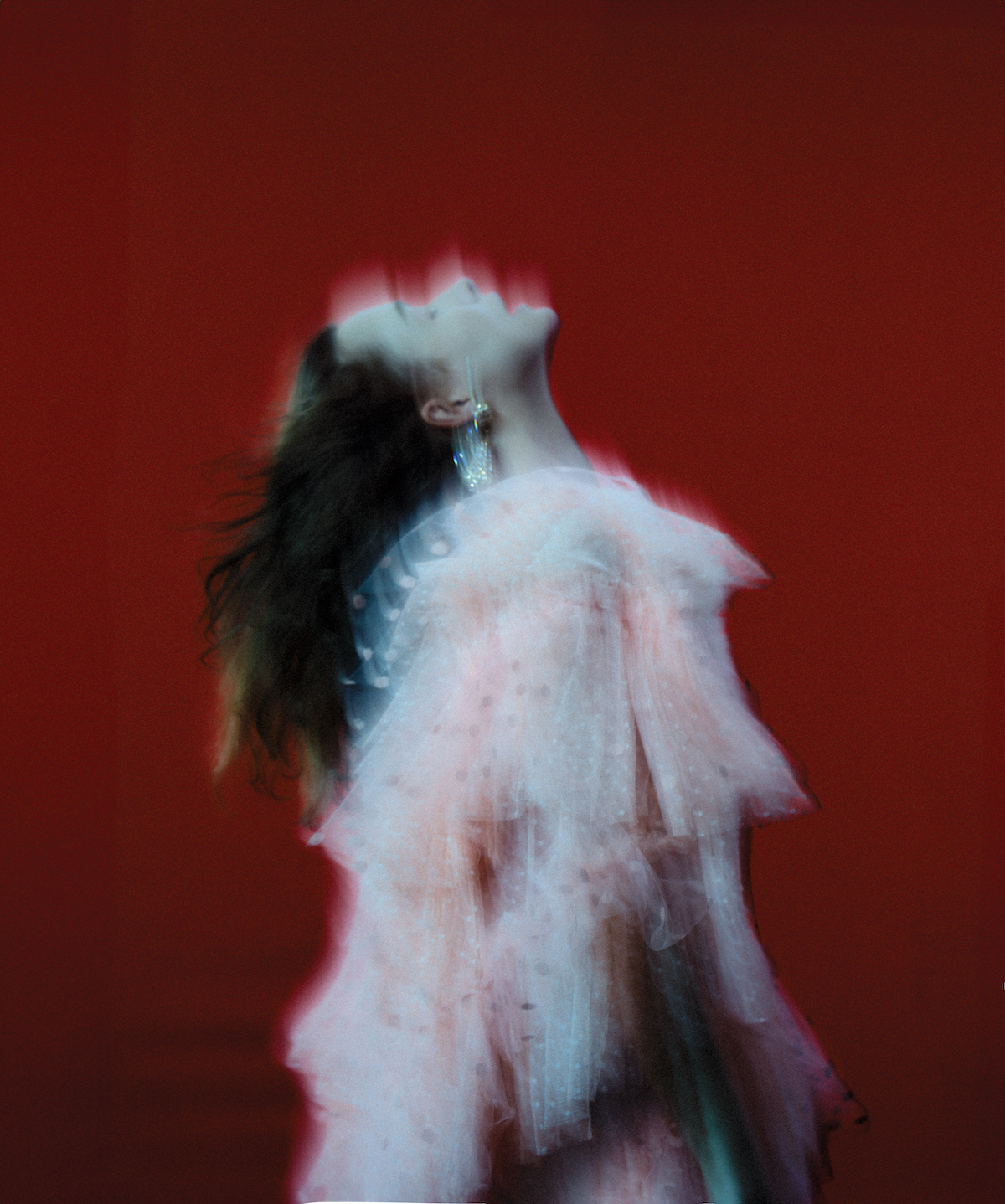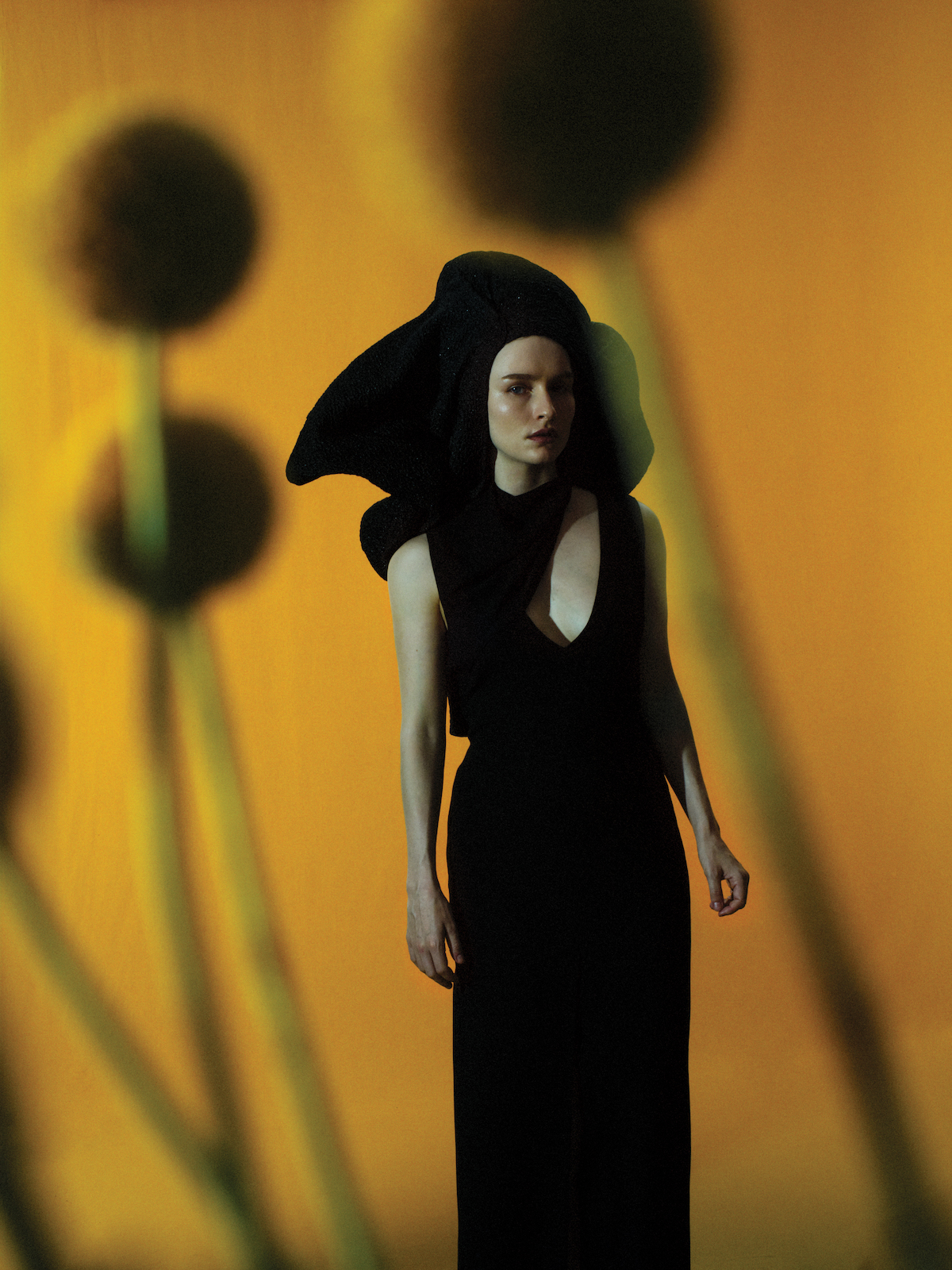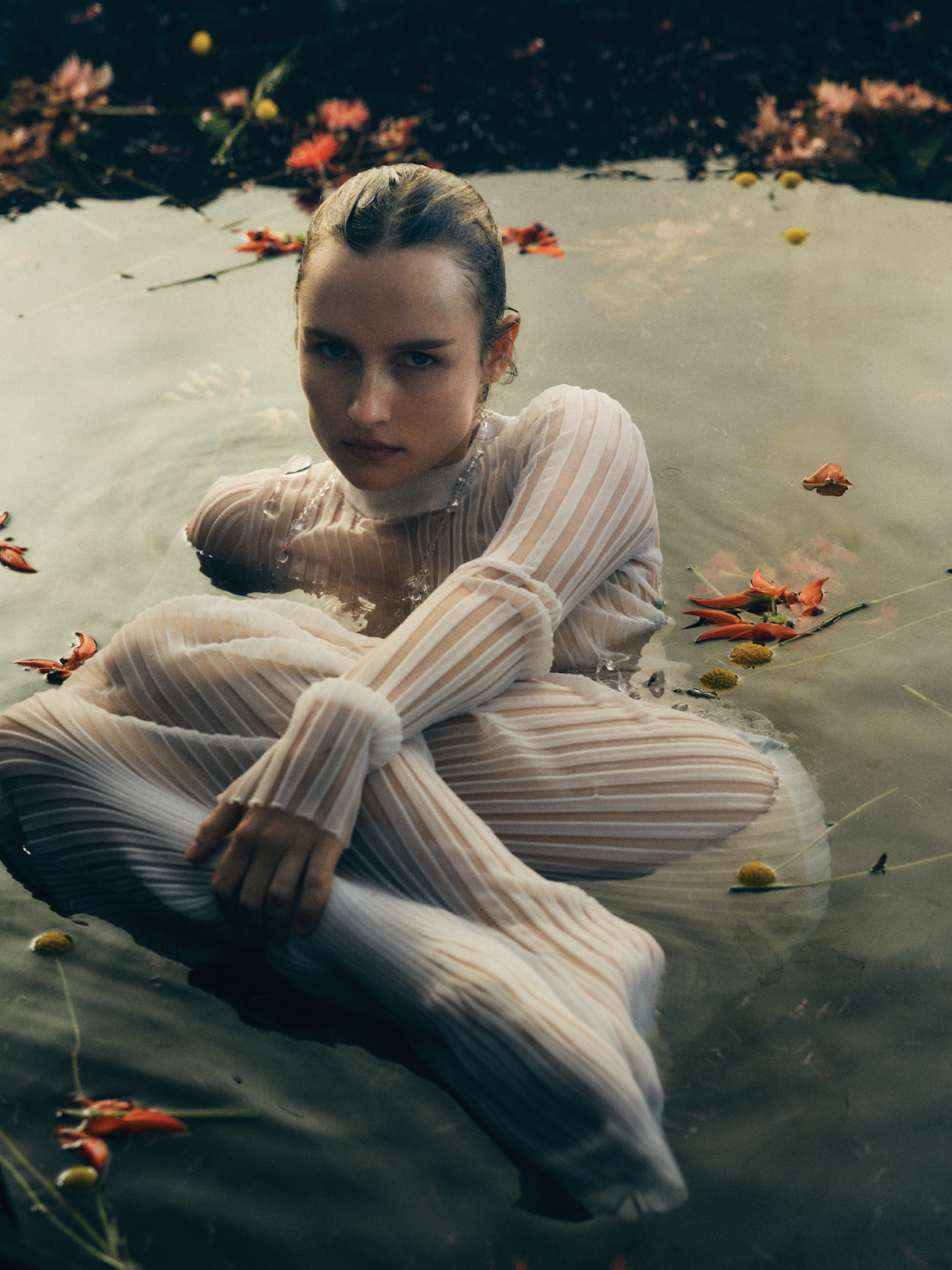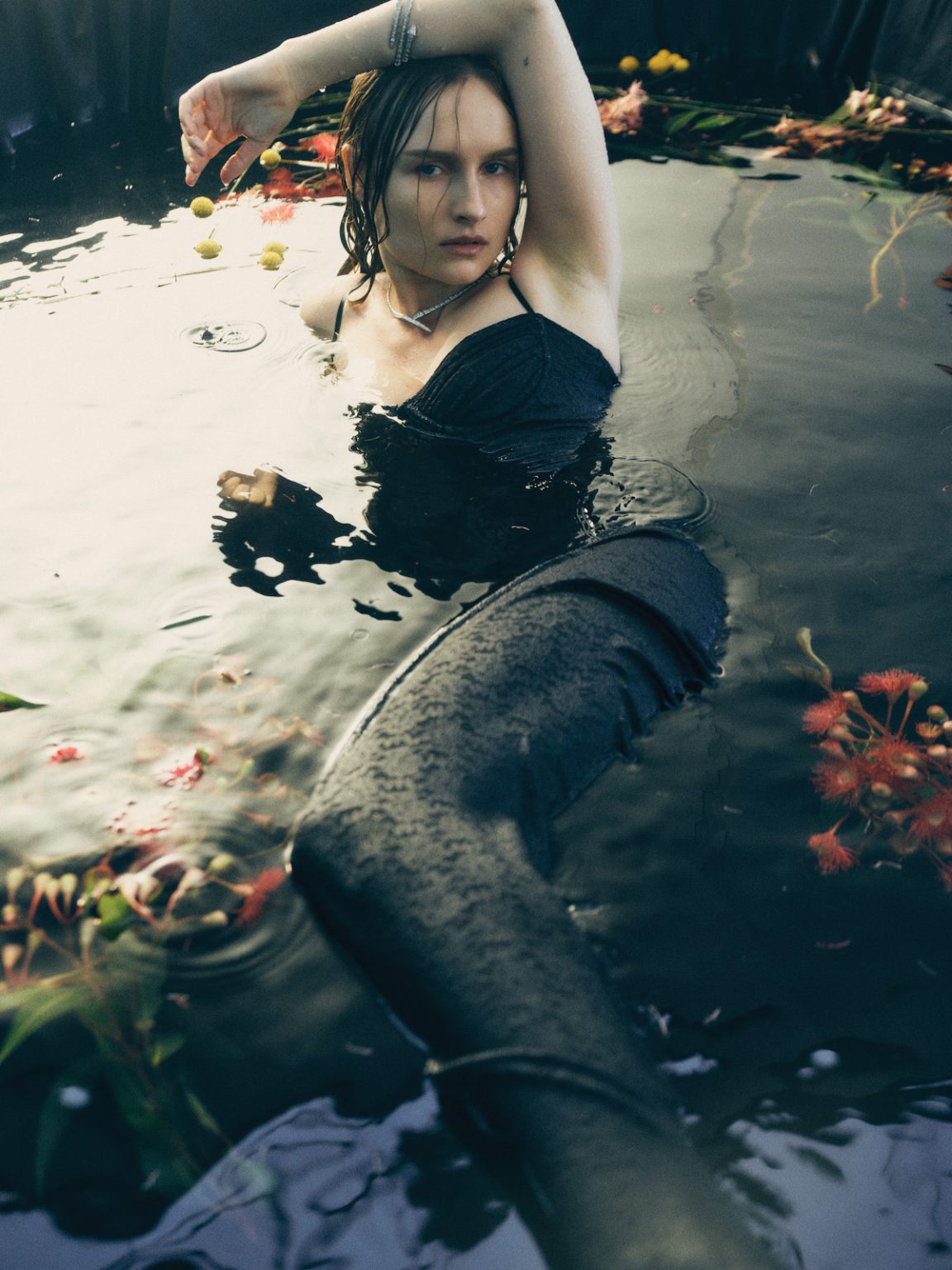The writer Joan Lindsay’s 1967 historical fiction novel, “Picnic at Hanging Rock”, tells the story of a group of schoolgirls and their teacher inexplicably disappearing during a Valentine’s Day picnic at Hanging Rock, a real geological formation in Victoria. The novel negotiates many narrative themes: identity, societal expectations and the landscapes of colonial Australia, both explicitly and subtly, but perhaps most profoundly, it has become a cult classic — alongside Peter Weir’s 1975 film adaptation — for its portrayal of time. Lindsay’s characters wrestle with time — its fluidity, its inexorable march, its cyclicality — and their eventual surrender to fate. An oft-cited quote from the novel, “Everything begins and ends at exactly the right time and place”, reflects why Lindsay’s text still resonates in 2025: our fascination with temporal certainty and human mastery over the world is enduring.
The entertainment industry teems with professional biographies shaped by similar melodies of fate, patience and the ebb and flow of opportunity. Tales of musicians, actors and artists biding their time between auditions, part-time jobs and near-misses, waiting for the breakthrough that will launch a surely glittering career.


Olivia De Jonge knows what it’s like to wait. Not for discovery — the Melbourne-born actress was awarded Best Actress at the West Australian Screen Awards for her role in the short film “Good Pretender” at age 12 and performed in her first feature-length film, “The Sisterhood of Night”, at 14.
By 2020, De Jonge was about to inhabit the biggest role of her career to date, Priscilla Presley in Baz Luhrmann’s epic musical “Elvis”, before the Covid-19 pandemic forced a halt in production. De Jonge and the cast used the shutdown to their advantage.
“We ended up having so much more time to prepare,” De Jonge recalls over breakfast while on set for her T Australia photoshoot.
“Elvis” premiered in May 2022, prompting a 12-minute standing ovation at Cannes Film Festival, and would go on to earn $414 million at the box office. The then-24-year-old De Jonge’s stock soared. Dubbed the “next big thing”, she forged relationships with luxury brands including Gucci and Bulgari.


Then came another wait — this time as SAG-AFTRA, a union representing more than 160,000 entertainment professionals, prohibited its members from working on or promoting productions during a 2023 strike that lasted almost six months. De Jonge describes the stasis as unmooring. “Whenever people would be like, ‘So, how are you doing?’, I would just describe feeling like I was in the deepest part of the ocean, just treading water and not able to see land,” she says.
But De Jonge was, unknowingly, in exactly the right place. Despite harbouring a long-running crush on live theatre, she hadn’t yet tried the medium. “I didn’t really go to the theatre as a kid. I loved movies, I loved TV,” she says. In 2016, while filming the US television series “Will”, based on a young William Shakespeare, De Jonge’s castmates — “theatre legends” — took her to performances at London’s famous Globe Theatre. “I remember seeing ‘Romeo and Juliet’ at the Globe and going, ‘Oh, what is this feeling that I have inside?’ It’s a different type of experience,” says De Jonge. “It sort of planted the seed.”
Still, there was trepidation. “I knew theatre was something I wanted to do, but it’s historically been quite a hard thing to break into if you haven’t studied,” she says. In 2023, De Jonge auditioned for a Shakespeare production with Sydney Theatre Company (STC). “I remember getting the audition and being like, ‘Oh, my God, this is so cool. This is mine — I’ve got to get it.’ ” When she didn’t land the role, she was convinced that she’d ruined any prospect of a theatre career.


In 2024, it was announced that Ian Michael, a Noongar writer, actor and resident director at STC, would stage a production of Tom Wright’s “Picnic at Hanging Rock”, adapted from Lindsay’s novel, for the company’s 2025 season. De Jonge committed to doing “whatever I can do to be a part of it”.
“I, of course, saw Olivia in Baz Luhrmann’s ‘Elvis’,” writes Michael in an email exchange. “I was blown away by her ability to inhabit a person and her unwavering characterisation through that film. When the opportunity to work together came through, I leapt at it.”
De Jonge describes the production, which at the time of our interview she is about to enter rehearsals for, as a much-needed creative harbour: “‘Picnic’ has been my ‘land ho’,” she says.
Wright’s adaptation, which first debuted in 2016, features five teenage girls recounting the central disappearance. STC describes the structure as a “form-shattering mix of storytelling, gossip and re-enactment”. De Jonge, alongside her co-stars Kirsty Marillier, Lorinda May Merrypor, Masego Pitso and Contessa Treffone, inhabit multiple characters throughout the 85-minute show, with De Jonge predominantly portraying the teacher, Mrs Appleyard.
The intimacy of a compact cast was a drawcard for De Jonge, who had been craving a “community of women” to work alongside. “[Community] was the thing I fell in love with when I was a kid, and I felt like I had been so long without,” she says. “I think it’s rare these days that you get to hang out with a bunch of girls just all the time, and as this is my first experience with theatre, I have so much to learn from them as well.”
The opportunity to work with Michael was another lure. “He’s got a really beautiful perspective, and a soul about his work,” De Jonge says. “I’m excited to imbue that into ‘Picnic at Hanging Rock’, which has traditionally been a very white Australian story.”
The feeling is mutual, Michael says. “As a director, even through these early days of rehearsal, it has been such a thrill to witness an actor like Olivia work in the room and discover the text so meticulously.
“Her sense of truth, depth of nuance and, again, that ability to find characters and let them fill the world, grips you,” Michael adds.


A film camera visually bridges the distance between actor and audience, but theatre introduces another, more intimate dimension: the immediacy and risk of live performance, and the audience’s real-time response to it. Is De Jonge daunted by the prospect? “I’m running into the fear,” she says. “As I’ve got older, I’ve realised the work I want to do will inherently be scary. And I think in the past I’ve leant more into roles that feel comfortable. Or perhaps the roles that have come to me have been a bit more comfortable — a little less of a stretch, perhaps, from where I am in my life.”
After “Picnic at Hanging Rock”, which runs until April 5 at Sydney Opera House’s Drama Theatre, can audiences expect theatre to become a regular part of De Jonge’s professional repertoire? “I would love that,” she says. “They say I’m going to get addicted to it, which I don’t mind. I don’t mind it at all.”
Flowers: with thanks to Grandiflora, grandiflora.net. Styling by Nicole Bonython-Hines. Hair by Joel Forman at After Winter. Makeup by Gillian Campbell at The Artist Group. Photo Assistants: Finn Cochran, Bruno Stefani. Digital Tech: Jon Calvert. Stylist’s Assistant: Angelica Cueva.
